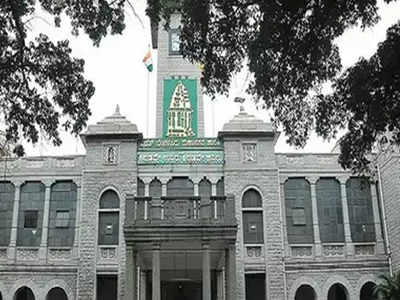The Indian Express 29.11.2013
Civic committee slams parking charge hike plan
Rejecting the proposed 300 per cent hike in parking charges for
citizens, the Brihanmumbai Municipal Corporation’s civic improvements
committee has sent the parking policy back to the drawing board.
The committee has asked the BMC to consider ways to lower the
fees. According to administration’s proposed policy, the city has been
divided into three zones, with parking spaces classified into three
categories based on their popularity.
The BMC had proposed a Rs 60 per hour charge for parking lots in
“most popular” areas such as Fort, Nariman Point and Taj Mahal Palace
Hotel in Colaba. The existing parking fee for such lots is Rs 20 per
hour. The policy states a lesser hike of around 33 per cent for the less
popular areas. Similarly, charges on weekends and during the night when
peak-hour traffic is low have been reduced.
“The policy seems to be pro-rich as such a steep hike can be
handled only by the affluent sections of the population. The corporation
has not taken into account that even slum dwellers and lower income
groups own vehicles such as two-wheelers and small cars. Such a hike
will be unaffordable for them as many do not have their own space to
park their vehicles at night,” independent corporator Nosir Mehta said
at the meeting.
Congress corporator Mohsin Haider said the policy would
negatively affect parking practices. “The corporation needs to be clear
whether it wants to earn more from parking charges or ease traffic in
the city. Raising the rates by such a wide margin will only lead
citizens to find illegal areas for parking. Our monitoring systems are
not up to the mark to ensure that vehicles are not parked illegally,”
Haider said.
Additional Municipal Commissioner SVR Srinivas said, “The policy
is meant to encourage use of public transport. Currently, roads and
footpaths are used for parking cars rather than for commuting and
walking. Of a total population of 1.2 crore in the city, it is estimated
that only 20 per cent depend on private transport. The rest use either
public transport (buses/ trains) and intermediate public transport
(rickshaws/ taxis), yet this 20 per cent of the population uses 90 per
cent of the city’s open spaces for parking.”
He added, “There is a problem with the demand and supply when it
comes to parking space in Mumbai. The supply of space is inelastic and
the only way we can control demand is by raising the parking charges.”
Samajwadi Party corporator Ashraf Azmi said, “Increasing the cost
of parking will not necessarily increase space in the city. We are
still going to face the traffic problems as the road network has barely
increased in the last 20 years. If the corporation has such an issue
with space, it should consider creating underground parking lots.”
However, the civic administration dismissed the option as such a
measure would universally increase the tax burden for citizens,
including those who do not own vehicles, in the area.

